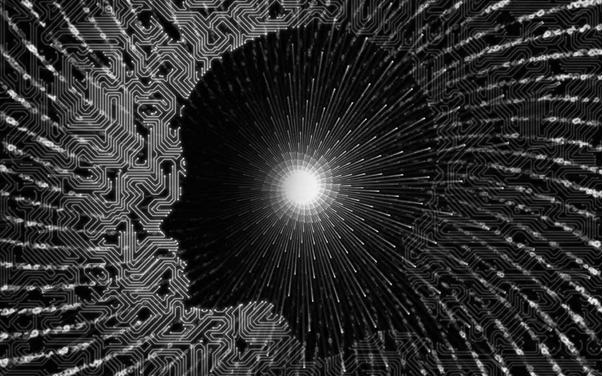Behavioral Economics is a study related to the economic decision making processes of individuals and institutions. In a broader perspective behavioral economics takes into account the psychological, social, cognitive and the emotional ingredients in the economic decisions of individuals and institutions.The core aspect of behavioral economics still carries the conviction that experience plays a vital role in the decision making process.
Behavioral economics does not believe that decisions are made rationally rather it explores to gain insight why people make irrational decisions how and why it cannot adhere to the predictions of some economic models. In other a clearer outlook, behavioral economics assumes the short minded and irrational decisions of people to derive vindications based on assessments and observations. Behavioral economics firmly believes that mistakes are made all the time thus considers that deficiency in the real world can figure out why people behave imperfectly.
In simple words behavioral economics emphasizes to a greater extent on how we behave rather than what we say or think.
Hence behavioral economics can adjust and manipulate a person’s behavior.


About the Author